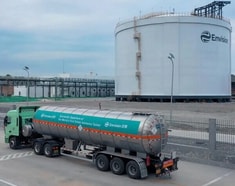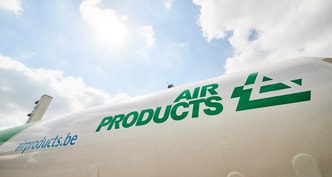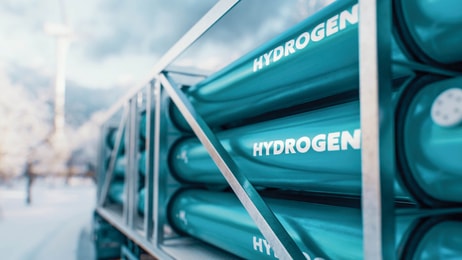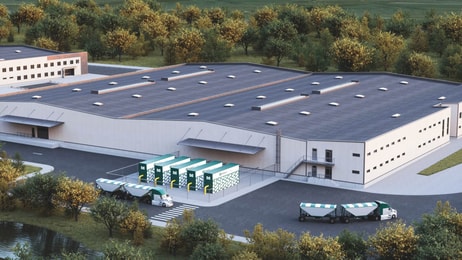Hydrogen Fuel Cells
If you’ve been paying attention to the interest in everything green, you’ve probably noticed the push to put cars into showrooms that don’t pollute the planet, don’t require gasoline, and don’t cost an arm and a leg. Right now, there are a few technologies that address these demands, but there is no leading technology choice.
Unfortunately, when Federal budgets tighten, as is the case today, decisions are made regarding which technology to fund for further development. There is a tendency to choose one technology that appears to offer the most immediate solution, but this can eliminate the best longterm technology and ultimately the greatest overall gains.
In the near term — the next 20 years — small improvements in several different cars and fuels are expected to help reduce our reliance on oil and improve the environment, but not significantly. In the long run — the next 100 years — we need to develop other alternative fuel technologies and infrastructure, scalable to the mass market, in order to make meaningful progress in economic, environmental, and energy security areas.
Toward this long-term end, the National Hydrogen Association (NHA) (www. hydrogen association.org) assembled a group of automakers, energy companies, technology developers, and government representatives to look at 15 of the most promising distinct fuel and vehicle alternatives likely to be available in the next 100 years. The group examined the impact of these alternatives in four key areas: greenhouse gas pollution, oil consumption, urban air pollution, and costs to society.
... to continue reading you must be subscribed





















